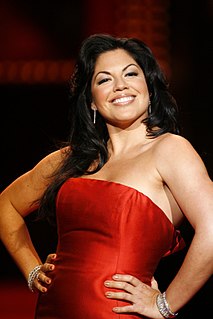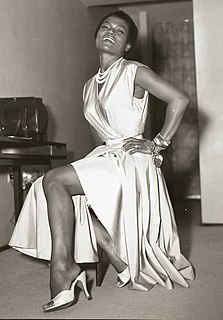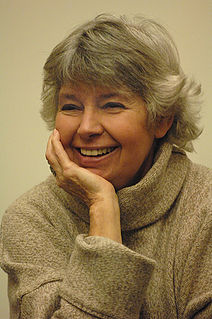A Quote by D. A. Carson
Authority can mean different things to different people. For example, some document or other may be authoritative for particular group even though it's not reliable. It's just that the group has accepted that document as authoritative for their group. And some documents are truthful and reliable but they are ignored, so they have no authority for that particular group.
Related Quotes
One has to give minority groups a kind of reward, an emotional reward, that it is worthwhile assimilating to this particular majority group. And if this majority group looks down on itself ... If a minority group is not given some pride in assimilating to the culture of another group then the process is very difficult.
I'm interested in the ongoing war between the individual and community. That inner dissent against whatever group is surrounding you. No one wants to cede their selfhood to a group, right? And yet no one can exactly live outside the group, either. Even the most obstinate survivalist probably lives in some telepathic communion with all the other obstinate survivalists out there in the woods.
Groups are only smart when there is a balance between the information that everyone in the group shares and the information that each of the members of the group holds privately. It's the combination of all those pieces of independent information, some of them right, some of the wrong, that keeps the group wise.
I listen to some of you guys out there, hyper-reformed boys, you're concerned if you preach the gospel to the wrong person, the wrong person might get saved. So you don't want to preach it too good, 'well wait a minute, I don't think you should've been getting saved, I'm not sure you're in the group.' What do you mean in the group! If you breath you're in the group! If you have ears to hear you're in the group! And if you choose not to respond it's your own fault, not God's.
So long as we continued to attach more importance to our own narrow group membership than to the 'global village' we would propagate prejudice and ignorance. There was absolutely no harm in being part of a small group - indeed, with our hunter-gatherer band mentality it gave comfort, provided us with an inner circle of friends who could be utterly trusted, who were absolutely reliable. It helped give us peace of mind. The danger came only from drawing that sharp line, digging that ditch, laying that minefield, between our own group and any other group that thought differently.
Millennials are an easy group to identify in terms of their appearance and are therefore highly subject to being stereotyped. When a negative stereotype about a group is relevant to performance on a specific task, it is referred to as "stereotype threat." Individuals who are highly identified with a particular group may experience increased susceptibility to stereotype threat.Understanding perceptions and why they may exist helps to explain and demystify tension and conflict that surfaces as a result of generational discord.
Safety lies in catering to the in-group. We are not all brave. All I would ask of writers who find it hard to question the universal validity of their personal opinions and affiliations is that they consider this: Every group we belong to - by gender, sex, race, religion, age - is an in-group, surrounded by an immense out-group, living next door and all over the world, who will be alive as far into the future as humanity has a future. That out-group is called other people. It is for them that we write.
It is a function of creative men to perceive the relations between thoughts, or things, or forms of expression that may seem utterly different, and to be able to combine them into some new form. Britten's Nocturne, for example, which unifies musically a group of poems by different hands, is a notable example of his power to connect the seemingly unconnected.






































